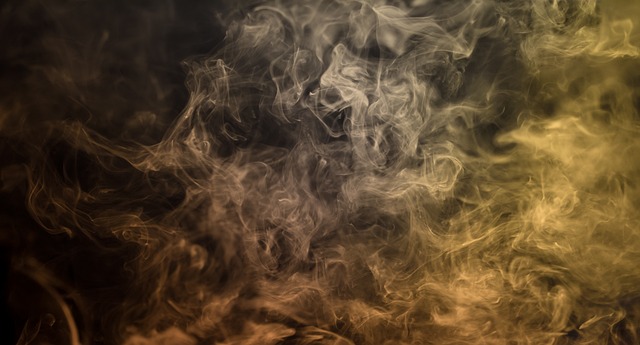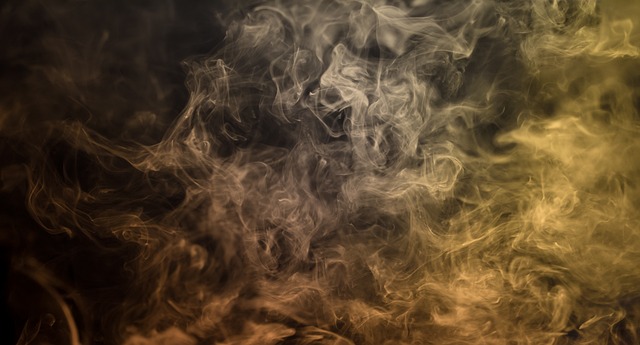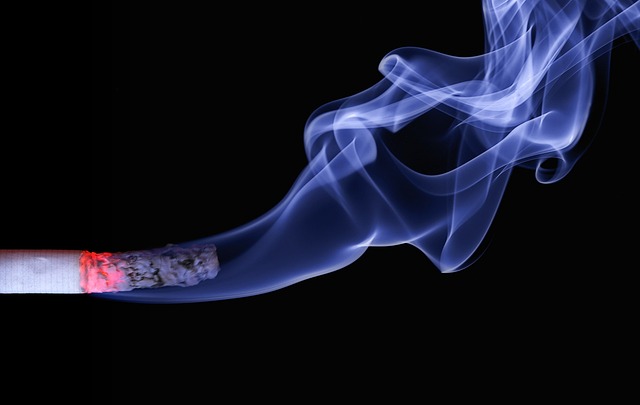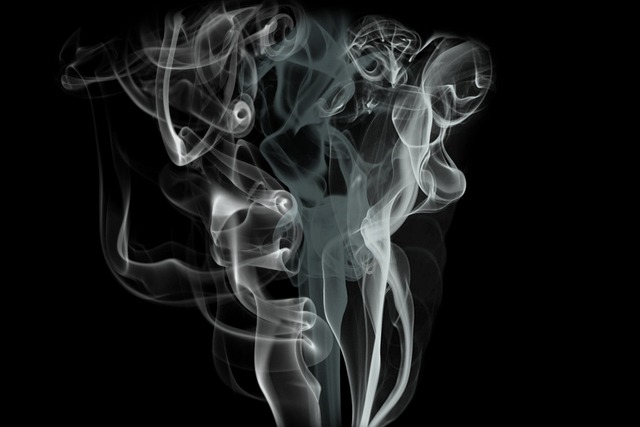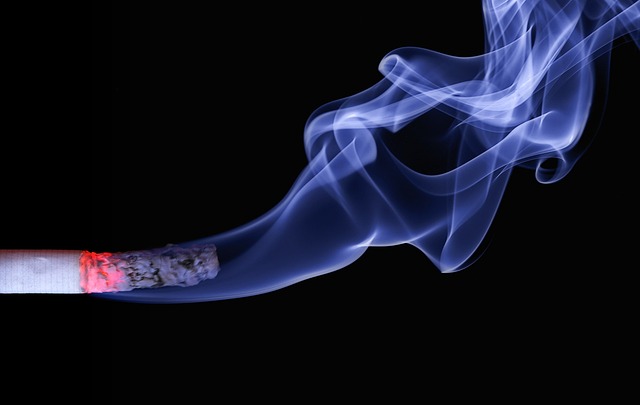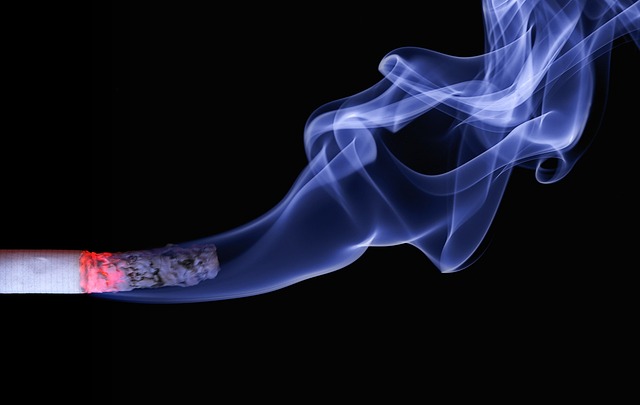Can You Smoke Through Your Nose After Extraction?
Are you curious to know if it’s possible to smoke through your nose after a dental extraction? We understand that the temptation might be there, especially for smokers who want to avoid inhaling smoke directly into their mouths. In this article, we will delve into this topic with confidence and knowledge, providing you with a clear understanding of whether or not smoking through your nose is a viable option post-extraction. So, let’s explore the facts and find out if this alternative method is a safe and effective solution for smokers.
1. Understanding the Healing Process: Can You Smoke Through Your Nose After Extraction?
After a tooth extraction, it is crucial to understand the healing process to ensure a smooth recovery. One common question that arises is whether smoking through the nose is a safe option during this time. While it may be tempting to find alternative ways to smoke, it is important to prioritize your oral health and follow the recommended guidelines for a successful healing process.
Here are some key points to consider:
- Smoke can hinder the healing process: Smoking, whether through the nose or mouth, can significantly impede the healing process after a tooth extraction. The chemicals in tobacco smoke can delay the formation of blood clots and cause dry socket, a painful condition that occurs when the blood clot dislodges or dissolves. This can lead to complications and prolong the recovery time.
- Secondhand smoke and infection risk: Even if you choose to smoke through your nose, the secondhand smoke can still pose a risk to your oral health. The smoke can introduce harmful bacteria and irritants into the extraction site, increasing the chances of infection and delaying the healing process. It is important to prioritize a smoke-free environment to promote optimal healing.
It is always best to consult your dentist or oral surgeon for specific instructions regarding smoking or any other activities after a tooth extraction. They can provide personalized guidance based on your individual circumstances to ensure a smooth healing process and minimize the risk of complications.

2. The Impact of Smoking on Post-Extraction Recovery: What You Need to Know
When it comes to post-extraction recovery, it’s important to understand the impact that smoking can have on the healing process. Smoking has been known to significantly delay healing and increase the risk of complications after a tooth extraction. Here is what you need to know:
1. Delayed Healing: Smoking can slow down the healing process by reducing blood flow to the extraction site. This can result in prolonged pain and discomfort, as well as an increased risk of infection. It is essential to avoid smoking for at least 48 to 72 hours after the extraction to allow the blood vessels to constrict and promote proper healing.
2. Increased Risk of Dry Socket: Dry socket is a common complication that can occur after a tooth extraction. It happens when the blood clot that forms in the socket becomes dislodged or dissolves, exposing the underlying bone and nerve endings. Smoking increases the risk of developing dry socket as the act of inhaling and exhaling can dislodge the blood clot. It is crucial to refrain from smoking for at least a week after the extraction to minimize the risk.

3. Risks and Complications: Smoking Through Your Nose After Tooth Extraction
Smoking after a tooth extraction can significantly increase the risks and complications associated with the healing process. It is crucial to understand the potential consequences of smoking through your nose following this dental procedure. Here are some important points to consider:
1. Delayed Healing: Smoking introduces harmful chemicals into your body, which can impair the blood flow and oxygen supply to the extraction site. This can delay the healing process, leading to a prolonged recovery time and potential complications.
2. Increased Risk of Infection: Smoking compromises the immune system’s ability to fight off infections. Inhalation of smoke through the nose can introduce bacteria and other harmful substances directly into the extraction site, significantly increasing the risk of infection.
3. Dry Socket: Smoking can disrupt the formation of blood clots, which are essential for proper healing. This disruption can result in a condition called dry socket, where the blood clot dislodges or dissolves prematurely. Dry socket can be incredibly painful and may require additional treatment to alleviate discomfort and promote healing.
4. Increased Pain and Swelling: Smoking irritates the tissues in your mouth and nose, making them more sensitive. This can lead to increased pain and swelling around the extraction site, prolonging the recovery process and causing unnecessary discomfort.
5. Compromised Bone Grafts: If you have undergone a bone grafting procedure in conjunction with the tooth extraction, smoking can jeopardize the success of the graft. The toxic chemicals in smoke can impede proper bone healing and integration, potentially leading to graft failure.
To ensure a smooth and successful recovery after a tooth extraction, it is strongly advised to refrain from smoking through your nose or any other means. Avoiding smoking altogether during the healing period will significantly reduce the risks, complications, and potential setbacks associated with this dental procedure.

4. Expert Insights: Why Smoking Can Delay Healing After an Extraction
Smoking is a habit that can have detrimental effects on the body, and this holds true even after a dental extraction. The act of smoking introduces harmful chemicals into the body, which can impede the healing process. Here, we delve into the expert insights on why smoking can delay healing after an extraction:
1. Reduced blood flow: Smoking constricts blood vessels and reduces blood flow to the surgical site. This decrease in blood circulation means that the essential nutrients and oxygen necessary for healing cannot reach the area as efficiently. As a result, the healing process may be significantly delayed, leaving the extraction site vulnerable to infections and complications.
2. Impaired immune response: Smoking weakens the immune system, making it harder for the body to fight off potential infections. The chemicals in cigarettes can lower the body’s defenses, leaving the extraction site more susceptible to bacteria and other pathogens. This impaired immune response can further hinder the healing process and increase the risk of complications.

5. Alternatives and Precautions: How to Avoid Smoking Through Your Nose During Recovery
During the recovery process, it is crucial to explore alternatives and take necessary precautions to avoid smoking through your nose. Here are some effective strategies to help you stay smoke-free:
- Switch to nicotine replacement therapy (NRT): Consider using nicotine patches, gum, lozenges, or inhalers as a substitute for smoking. NRT can help alleviate withdrawal symptoms and cravings, making it easier to quit smoking. Consult with your healthcare provider to determine the most suitable NRT option for you.
- Utilize behavioral therapy: Engaging in behavioral therapy can provide valuable support on your journey to quit smoking. This type of therapy helps identify triggers and develop coping mechanisms to manage cravings effectively. Seek guidance from a qualified therapist or join support groups to enhance your chances of success.
- Avoid smoking triggers: Identify and avoid situations or environments that typically prompt you to smoke. Whether it’s certain social settings, stress, or specific activities, recognizing and steering clear of these triggers can significantly reduce the temptation to smoke through your nose.
Furthermore, taking specific precautions can reinforce your commitment to a smoke-free recovery:
- Inform your healthcare team: Ensure that your healthcare providers are aware of your desire to quit smoking and your commitment to avoiding smoking through your nose. They can offer additional guidance, support, and resources tailored to your situation.
- Keep distractions handy: When cravings strike, distract yourself with engaging activities such as reading, listening to music, or practicing relaxation techniques. These distractions can redirect your focus and help you overcome the urge to smoke.
- Surround yourself with support: Seek encouragement from friends, family, or a support network of individuals who have successfully quit smoking. Their understanding and guidance can provide motivation and accountability throughout your recovery journey.
6. Patience and Care: Tips for a Successful Healing Journey After Extraction
Recovering from a tooth extraction can be a process that requires time, patience, and proper care. By following these tips, you can promote a successful healing journey and minimize any discomfort or complications that may arise.
- Follow post-extraction instructions: Your dentist will provide you with specific instructions to follow after the extraction. It is important to adhere to these guidelines carefully. This may include taking prescribed medications, avoiding certain foods or activities, and keeping the extraction site clean.
- Manage swelling and pain: It is normal to experience some swelling and discomfort after an extraction. To reduce swelling, apply an ice pack to the affected area for 10-15 minutes at a time. Over-the-counter pain relievers, as recommended by your dentist, can help manage any pain. However, avoid aspirin, as it can increase bleeding.
- Take it easy: Allow yourself time to rest and recover. Avoid strenuous activities or exercise that could disrupt the healing process. It’s important to give your body the opportunity to heal naturally.
By practicing patience and providing proper care, you can support your healing journey following a tooth extraction. Remember to reach out to your dentist if you have any concerns or questions during the recovery period. They are there to guide you and ensure a successful healing process.
7. Conclusion: Making Informed Choices for Optimal Recovery After Tooth Extraction
When it comes to recovering after a tooth extraction, making informed choices is crucial for optimal healing. By following these recommendations, you can ensure a smoother recovery process:
- Follow post-operative instructions: Your dentist or oral surgeon will provide specific instructions on how to care for the extraction site. It is essential to follow these guidelines carefully to minimize the risk of complications.
- Take prescribed medications: Your dentist may prescribe painkillers or antibiotics to aid in the recovery process. Make sure to take them as directed to manage discomfort and prevent infection.
- Apply ice packs: During the first 24 hours after the extraction, applying ice packs can help reduce swelling and discomfort. Remember to use a thin cloth or towel to protect your skin from direct contact with the ice.
Additionally, it is important to maintain good oral hygiene while allowing the extraction site to heal. Here are some tips to keep in mind:
- Brush gently: Brush your teeth carefully, avoiding the extraction site. Use a soft-bristled toothbrush and a mild toothpaste to prevent irritation.
- Rinse with saltwater: After the first 24 hours, gently rinse your mouth with warm saltwater several times a day. This can help keep the area clean and promote healing.
- Avoid smoking and drinking through a straw: Smoking and using a straw can dislodge the blood clot that forms in the socket, leading to a condition known as dry socket, which can be painful and delay healing.
By following these strategies and maintaining good oral hygiene, you can support optimal recovery after a tooth extraction. Remember to consult with your dentist if you have any concerns or questions during the healing process.
Frequently Asked Questions
Q: Can you smoke through your nose after extraction?
A: No, it is not recommended to smoke through your nose after an extraction.
Q: Why is it not advisable to smoke through your nose after tooth extraction?
A: Smoking through your nose after tooth extraction can have detrimental effects on the healing process. The chemicals and heat from smoking can irritate the surgical site, delay healing, and potentially lead to complications such as dry socket.
Q: What is dry socket?
A: Dry socket, also known as alveolar osteitis, is a painful condition that can occur after tooth extraction. It happens when the blood clot that normally forms in the socket dissolves or becomes dislodged, leaving the bone and nerves exposed.
Q: How does smoking affect the healing process?
A: Smoking introduces harmful chemicals, such as nicotine and carbon monoxide, into the body. These substances can constrict blood vessels, impair blood flow, and diminish the oxygen supply to the surgical site. This can significantly impede the healing process and increase the risk of developing complications.
Q: What are the risks of smoking through your nose after extraction?
A: Smoking through your nose after extraction can increase the likelihood of developing dry socket, a painful condition that requires additional treatment. Furthermore, the heat and chemicals from smoking can irritate the surgical site, leading to prolonged healing time, infection, or even permanent damage.
Q: How long should one wait before smoking after tooth extraction?
A: It is best to wait at least 48 to 72 hours before smoking after tooth extraction. However, it is always recommended to consult with your dentist or oral surgeon for specific instructions based on your individual case.
Q: Are there alternative methods of smoking that may be less harmful after extraction?
A: While it is best to avoid any form of smoking after tooth extraction, if you are unable to quit completely, alternative methods such as using nicotine patches, chewing nicotine gum, or trying electronic cigarettes may be considered. It is still important to consult with your dentist or oral surgeon for guidance on the safest options for your specific situation.
Q: Is it safe to use marijuana after tooth extraction?
A: No, it is not safe to use marijuana after tooth extraction. Smoking marijuana can have similar detrimental effects as smoking tobacco. The heat, chemicals, and potential contaminants in marijuana smoke can hinder the healing process and increase the risk of complications.
Q: What are some other activities to avoid after tooth extraction?
A: In addition to smoking, it is advisable to avoid activities that can disrupt the surgical site and impede healing. These activities may include using straws, spitting forcefully, consuming hot or spicy foods, and engaging in strenuous exercise. Following your dentist’s or oral surgeon’s post-operative instructions is crucial for a successful recovery.
Q: Are there any alternatives to smoking that can help cope with cravings after extraction?
A: Yes, there are numerous alternatives to smoking that can help cope with cravings after extraction. Some options include engaging in relaxation techniques, distracting yourself with hobbies or activities, using nicotine replacement therapy products, or seeking support from a healthcare professional or support group to assist with smoking cessation.
In Retrospect
In conclusion, the answer to the question “Can you smoke through your nose after extraction?” is a resounding no. It is important to fully understand the implications and potential risks associated with smoking after dental extractions. Smoking, whether through the nose or mouth, can hinder the healing process and lead to complications such as dry socket, infection, and delayed recovery. To ensure optimal healing and a successful recovery, it is advised to refrain from smoking altogether for the recommended period of time provided by your dentist or oral surgeon. Your oral health should remain a top priority, and quitting smoking altogether can benefit not only your dental health but also your overall well-being. Remember, it is always best to consult with your healthcare professional for personalized advice and guidance tailored to your specific situation.

